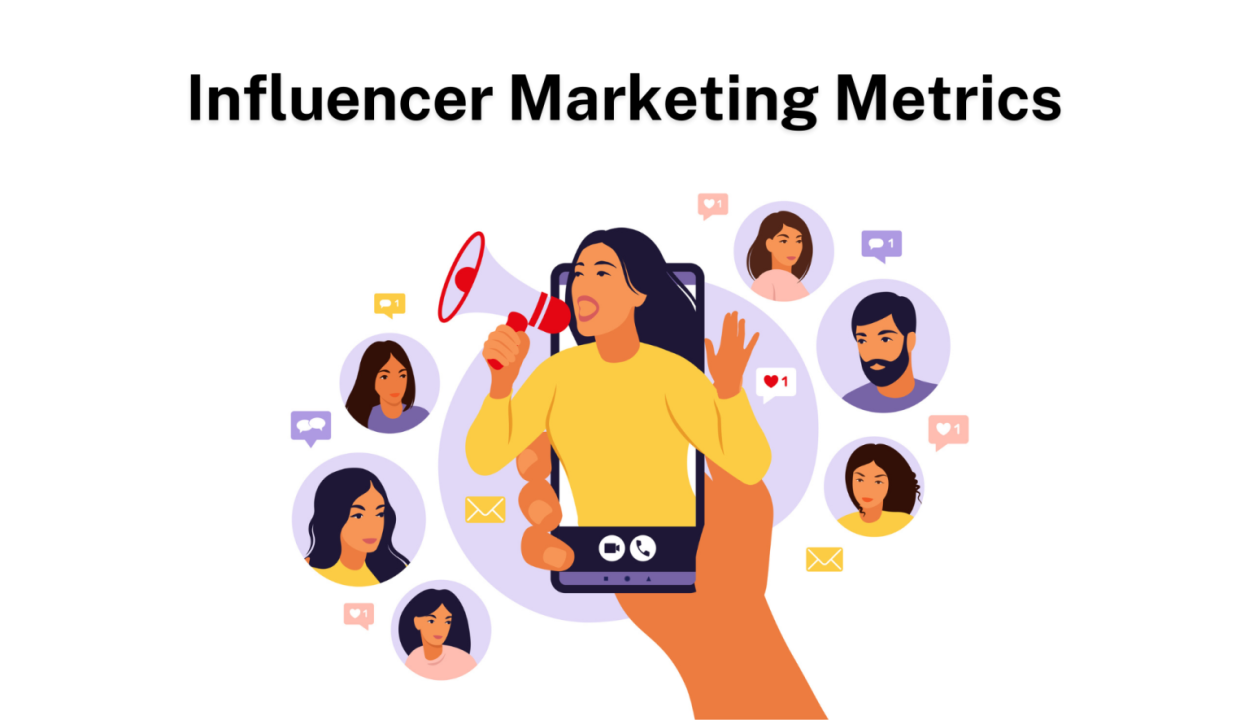When working with influencers in the digital age, where likes and comments are used to determine the success of any project, brand safety has become a key factor. The era of audience interaction in traditional advertising is long past. Businesses have recognised the potential of using influencers' credibility and reach to sell their products and services with the rise of social media and internet platforms. Your marketing initiatives have a crucial responsibility to align with the brand's beliefs, ethos, and goals without endangering the risks of misalignment, inaccuracy, or even backlash. According to the latest research by the Advertising Standards Council of India (ASCI) on influencer trust, 91 percent of people trust advertising generally, and 80 percent of respondents trust social media.
Marketing technology (Martech) has recently considerably improved brand safety during influencer initiatives. Brand safety is crucial for preserving a brand's reputation and ensuring that the content associated with it upholds its beliefs and values. Marketers and strategists have discovered a variety of technologies that give brand managers quicker access to more accurate information on the influencers and the content they produce. Therefore, to reduce the possibility of undesirable consequences, organizations must thoroughly assess an influencer's content, values, and connection with their audience before launching such initiatives. Tools like Hypothesis serve as a catalyst, streamlining the analysis process and guaranteeing brand safety.
Assessment of Suitability of an Ambassador
One of the primary reasons why brand safety deserves attention is that any tarnish to a trademark's image can have far-reaching consequences in today's interconnected world. For instance, if anyone associated with a brand engages in unethical behavior or promotes harmful ideologies, it can lead to widespread criticism, boycotts, and public backlash. Therefore, businesses use the new age technologies as they must consider the potential consequences and carefully vet influencers before engaging in any partnerships.
As each brand has its own unique set of values and target audiences, the assessment of their ambassador’s suitability is imperative. Today there are several Martech tools which help the brands to assess content topics and patterns aligning audience sentiment analysis of an influencer's suitability for a particular campaign, enabling brand safety. According to UnboxSocial, 43% of brands have experienced a bad ROI when they don’t work with the right set of influencers.
SafeGuard against Cancel Culture
In an era where consumers value transparency and authenticity, brands must be cautious about aligning with influencers who engage in content that could be seen as offensive or divisive. By prioritizing the right assessment, businesses reduce the risk of backlash or disengagement from their consumers and safeguard their positive rapport with their audience.
With multiple challenger brands making their way into the market, consumers are becoming increasingly discerning about the brands they choose to support. Hence, the Martech tools help identify influencers that genuinely embody the ethos of a company and align with its target audience. This helps consumers develop higher trust in both the influencer and the company, resulting in increased customer loyalty and brand affinity.

Music and influencer marketing are closely related in several ways:
- Promotion Through Influencers: Musicians and music artists often collaborate with social media influencers to promote their music. These influencers have a large and engaged following on platforms like Instagram, TikTok, YouTube, and Twitter. When they share or create content related to a song or an artist, it can significantly increase the song's exposure and reach.
- Authentic Promotion: Influencer marketing relies on the authenticity and relatability of influencers. When influencers genuinely enjoy a song or artist, their endorsement feels authentic to their followers. This authenticity can drive interest and engagement around the music.
Legal Compliance
Brand safety in influencer campaigns involves ensuring compliance with legal and regulatory guidelines. Various countries have established rules to protect consumers and promote transparency. Hence, brands rely on marketing technology to adhere to these guidelines, which helps in maintaining ethical practices, and protecting intellectual property rights and thus, continue a trustworthy relationship with their consumers. Creators, including influencers, often own copyrights to their content, making it crucial for brands to respect these rights and avoid potential copyright disputes through thorough legal compliance checks.
Lastly, it plays a crucial role in maintaining a consistent identity. Companies invest significant resources in developing and nurturing their image. Influencers can add value by amplifying this identity, but only when their content aligns with the brand's mission, vision, and values. By prioritizing metrics that protect their image, businesses ensure consistency and coherence across all marketing channels and safeguard against dilution or misrepresentation of their identity.
Role of New Age Tools
When it comes to brand safety practices within influencer campaigns, innovative marketing technology (MarTech) plays a pivotal role. These cutting-edge tools leverage data analytics, AI, and machine learning to swiftly assess influencers and their content by analyzing their past performance, engagement metrics, and audience demographics. This provides brands with deeper insights of an influencer's credibility and alignment with brand values. MarTech tools streamline influencer selection, reducing the risk of undesirable associations and bolstering brand safety. Real-time monitoring ensures prompt issue responses, helping maintain control over a company's image and safeguarding its trademark values. It additionally helps in optimizing influencer selection which contributes to campaign success and integrity in the digital age.
By placing such stats at the forefront of their strategies, businesses can foster successful, impactful, and sustainable influencer campaigns that resonate with their target audience while guarding their integrity.


